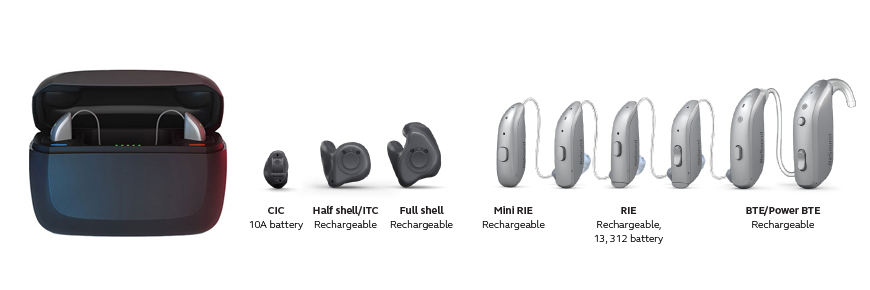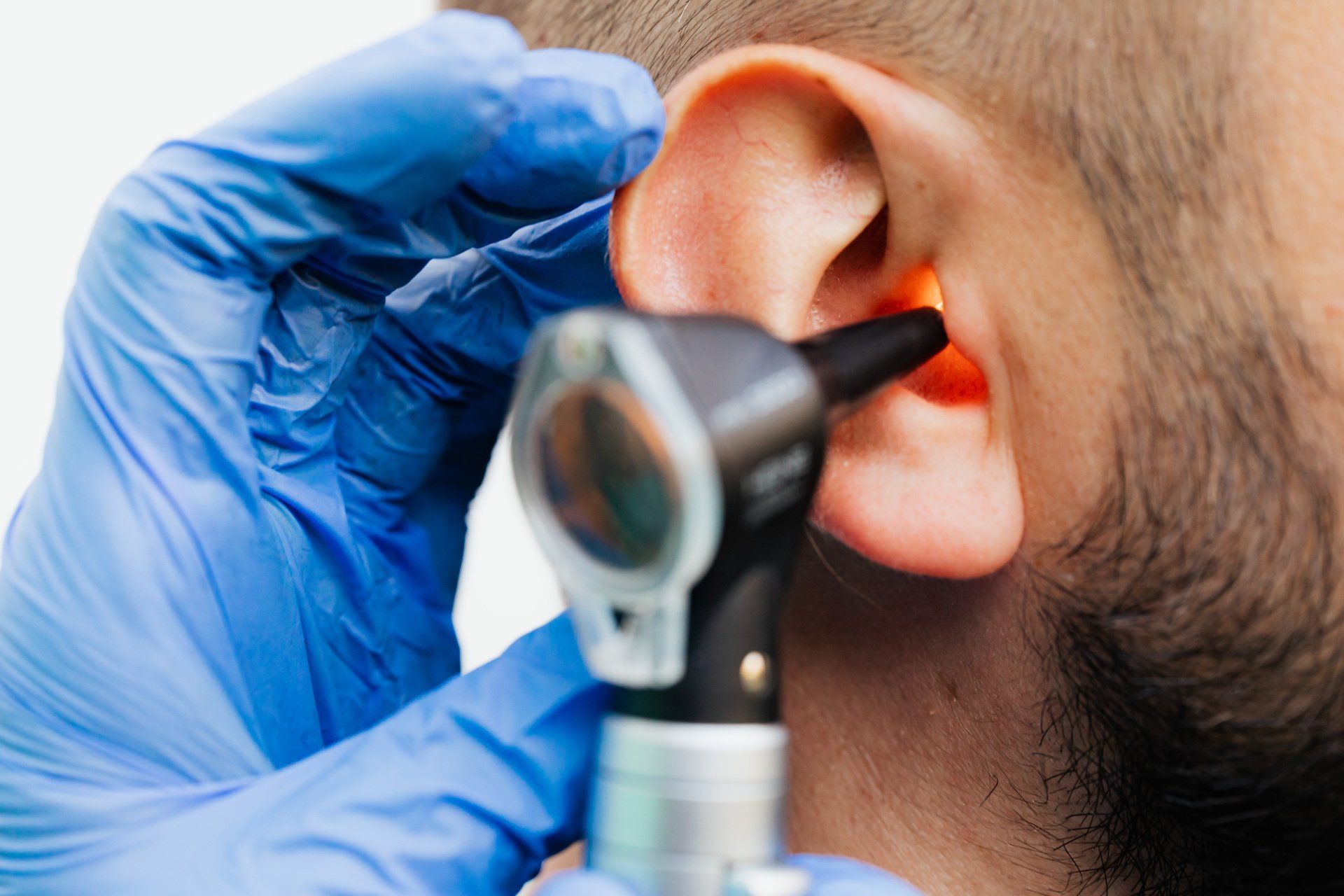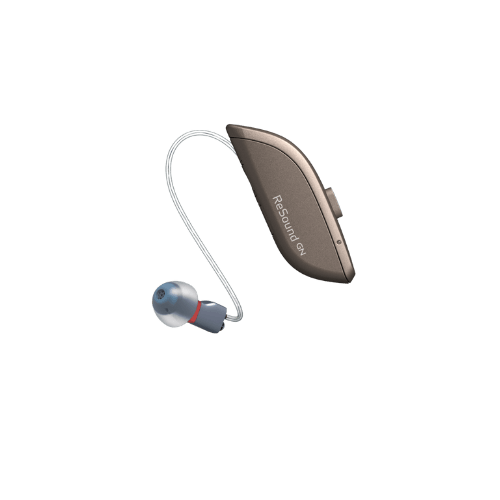Are over-the-counter hearing aids right for you?
We will look at some of the benefits and drawbacks of OTC hearing aids.
We are happy to say that hearing aids have come a long way in the past few years. The technology is more advanced, and they’re more affordable than ever before. But if you think you might need hearing aids, but don’t want to go through your doctor for them, what are your options? Are over-the-counter (OTC) hearing aids right for you?
In this post, we'll cover what OTC hearing aids are and why they're becoming so popular. We'll also look at some of the benefits and drawbacks of OTC hearing aids so you can make an informed decision on whether they're right for you or not.
What are Over-The-Counter Hearing Aids?
Over-the-counter hearing aids are a completely different category than the prescriptive hearing aids that you would get from your hearing health care provider. Now, over-the-counter hearing aids will typically have a lower cost, and that means lower quality.
Over-the-counter hearing aids (OTC) are designed to help people who have mild to moderate hearing loss. They don't require a prescription or fitting from a hearing health care provider and can be purchased online or in stores like Walmart, CVS, or Costco. While some are made by reputable manufacturers with good track records (like ReSound), others may not be as reliable or effective—and there's no way of knowing which ones fit your specific needs without getting them professionally fitted by a hearing health care provider before purchase.
FDA’s approves Over-the-Counter Hearing Aids.
On October 17, 2022, the FDA approved over-the-counter hearing aids. The decision was made so that people with mild to moderate hearing loss can have access to devices that will help them better understand sounds and speech in everyday environments. In order to be eligible for an over-the-counter hearing aid, you must have:
- A mild to moderate loss of hearing in both ears greater than 25 decibels at 1000 Hz and greater than 15 decibels at 2000 Hz*
- Not had ear surgery within the last 12 months which resulted in damage or removal of your eardrum.*
You don't need to go through a doctor to get them.
It is not required to have a medical exam, prescription, or professional fitting to buy hearing aids. You can purchase them at your local drugstore, or online at Amazon or Target.
They’re also available at hearing aid stores like Costco and Sam's Club. You don't need a prescription to buy them.
They're designed for people with mild to moderate hearing loss.
Over-the-counter hearing aids are not intended for people with more severe hearing loss, though they can be used in conjunction with traditional hearing aids. Over-the-counter devices are designed for people with mild to moderate hearing loss, which affects about 1 in 10 adults over the age of 65.
OTC Hearing aids are a good stepping stone.
OTC hearing aids are a good stepping stone for people who have mild to moderate hearing loss and want to see how much of a difference it can make before making a more serious investment. This will be a great way for people to have an entry point and then when they’re having more difficulty or the device isn’t providing the benefit they need, they can come to see a hearing health care provider.
Over-the-counter hearing aids are new, but they won't replace hearing aids you can get through a doctor.
Over-the-counter hearing aids have their limitations. Prescription hearing aids are more powerful and are better at compensating for the effects of aging or noise damage on your ears than over-the-counter models. As such, prescription hearing aids tend to cost more than those you can buy over the counter at drugstores.
However, there may be cases where an OTC model is right for you! You should consult with your primary care physician or hearing health care provider before deciding whether it's worth investing in an over-the-counter device now or if you should wait until you're eligible for a prescription model down the road.
If you have more severe hearing loss OTC might not be the option for you.
If you have more severe hearing loss, OTC might not be the option for you. You may need to see a hearing specialist, who can recommend a more complex device or suggest some other solutions. For example:
- You may need to use hearing aids in both ears.
- You may need to use hearing aids at different frequencies—for example, one for speech and one for noise reduction.
- If your hearing loss is due to certain medical conditions, like Ménière's disease or diabetes, OTC devices won't work because they don't address those underlying causes of your poor sound processing abilities. If this is the case for you, there are other options including custom ear molds (made by a hearing health care provider) and cochlear implants that can help restore full functionality of all five senses but require surgery and careful monitoring by doctors familiar with these procedures.
Where to get a hearing test and how will that help you?
If you want to schedule an appointment at Kabel Hearing Center, we recommend calling our office at. We offer follow up care after your hearing aid fitting.
Take action!
Our hearing health care providers are available by phone to answer any questions you may have. We can also schedule an appointment for you if necessary.
We’re here to help you with your hearing needs, whether it’s a simple hearing test or more advanced treatment. We can answer any questions you may have about our services and make an appointment for you.











